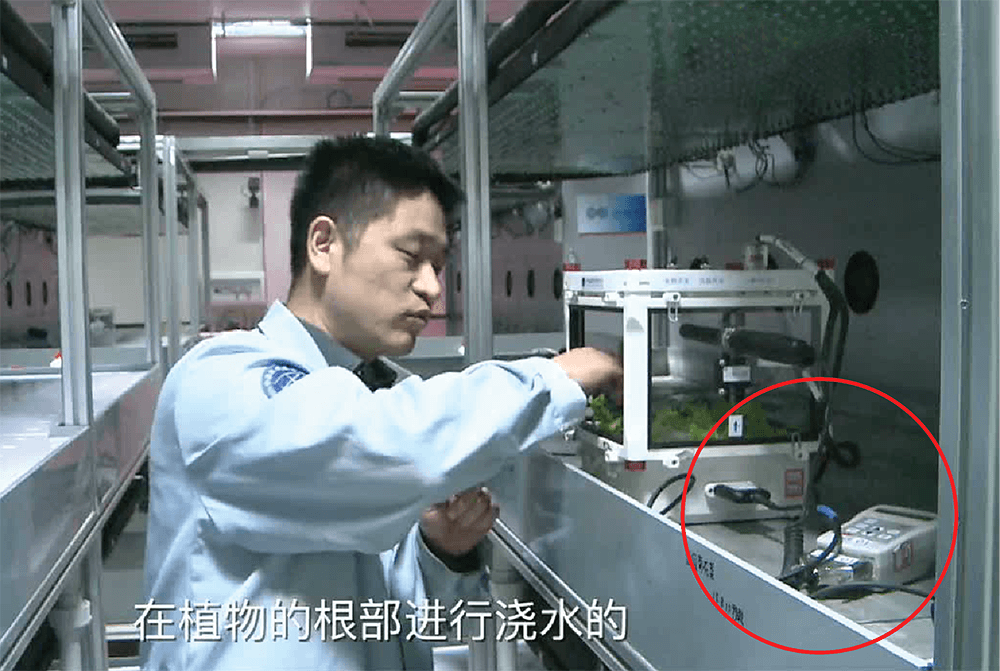
Image Credits: Delta-T Devices
Delta-T Devices has revealed that their multi-parameter WET Sensor has been used by Chinese astronauts aboard the Tiangong-2 Space Lab.
Tiangong-2, whose name means "Heavenly Palace", was launched on 15th Sept 2016, and is designed to allow Chinese scientists to test the life support technologies needed to create a permanently staffed Space Station by 2022.
Two Chinese astronauts (Jing Haipeng and Chen Dong) spent 30 days aboard the Space Lab carrying out numerous experiments, one of which was to cultivate lettuce plants within the weightless atmosphere.
The astronauts initiated the plant growing project on day two of their stay - setting up a culture system consisting of 3D-printed cultivation boxes filled with vermiculite. Unlike "earth-bound" growing techniques, the astronauts watered the vermiculite first, before inserting the seeds - they then covered the surface with plastic wrap.
Artificial lighting was provided for 14 hours a day to allow photosynthesis and air was injected into the roots of the plants.
The WET Sensor played a key role in the space lab experiment, providing frequent accurate data on substrate moisture, temperature and pore water conductivity (EC). This information allowed the astronauts to precisely assess growing conditions (including nutrient values) on a regular basis.
The experiment was a success - astronaut Jing Haipeng stating that, "On entering the Space Lab on the fifth morning, we found the seeds had germinated. We were happy, so we took a lot of photos and informed ground staff".
The WET Sensor is used by thousands of growers around the world to help maintain optimal growing conditions. We were naturally thrilled to discover that China's space team had the confidence to use our instrumentation in such an important and exciting study.
Dr John Newstead, Delta-T Devices